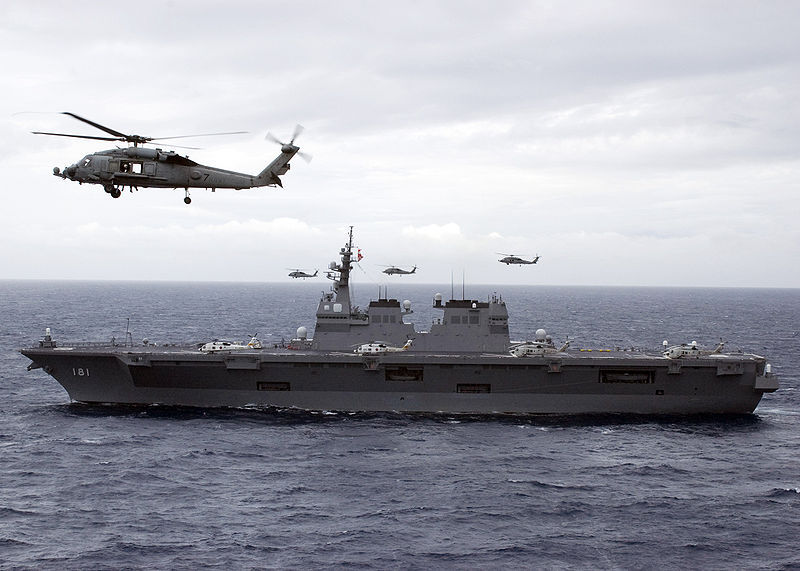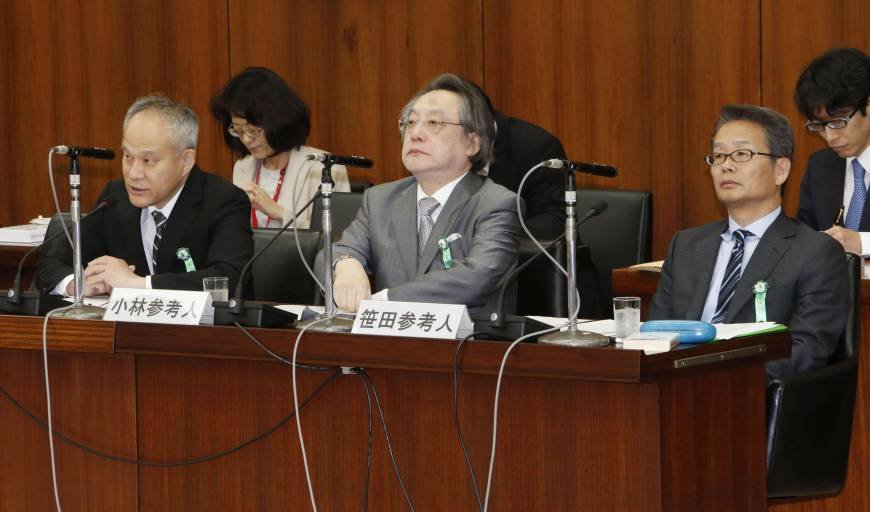(Co-authored with Bryce Wakefield – published in The Asia-Pacific Journal: Japan Focus, Sept. 8, 2014)
In a recent article in the Diplomat, Michael Green and Jeffrey Hornung claimed that critics of the Abe government’s “reinterpretation” of Japan’s constitution, to end the ban on the use of force for the purposes of collective self-defense, were “basing their opposition on myths about the change.” This allegation that resistance to the “reinterpretation” of Article 9 is based on nothing but “myths” is increasingly heard, and so it is worth examining their arguments, and the so-called myths that they purport to dismiss.
Green and Hornung argued that the changes to be made through the “reinterpretation” were actually slight and that the immediate implications were far less problematic than alleged. There is a grain of truth to this as it relates to imminent strategic consequences, but it also misses the essential point. Yes, at least in the short term, changes to the roles and the missions of the nation’s Self Defense Forces resulting from “reinterpretation” will probably be modest; and yes, the changes will not likely lead to militarism, regional adventurism, or various other scenarios that the article examines and dismisses. But this focus on the intended policy shifts misses the far more significant issues raised both by the unconstitutional nature of the move and the possible longer-term and profound systemic ramifications of the “reinterpretation.”

The Hyuga – DDH 16 – Hyuga class helicopter destroyer (credit-World Politics News Review)
It is precisely because the immediate strategic implications of the Abe Cabinet’s announcement will probably be relatively modest that the implications for constitutional practice in Japan should be the focus of the debate. Perhaps the changing strategic environment in Asia will require Japan to consider relaxing some of the constraints imposed by Article 9. However, so fundamental a change to the nation’s constitution should only come after broad debate and pursuant to formal amendment procedures as provided for in the constitution. As explained below, the so-called “reinterpretation” process has in fact weakened constitutionalism, the rule of law, and fundamental principles of democracy in Japan, an argument that Green and Hornung, and many other defenders of the “reinterpretation”, never seriously address. In short, the harm is to the Constitution, and so focus on strategy is no answer.
Let us re-examine some of the “myths” that Green and Hornung so quickly dismiss.
Read more




